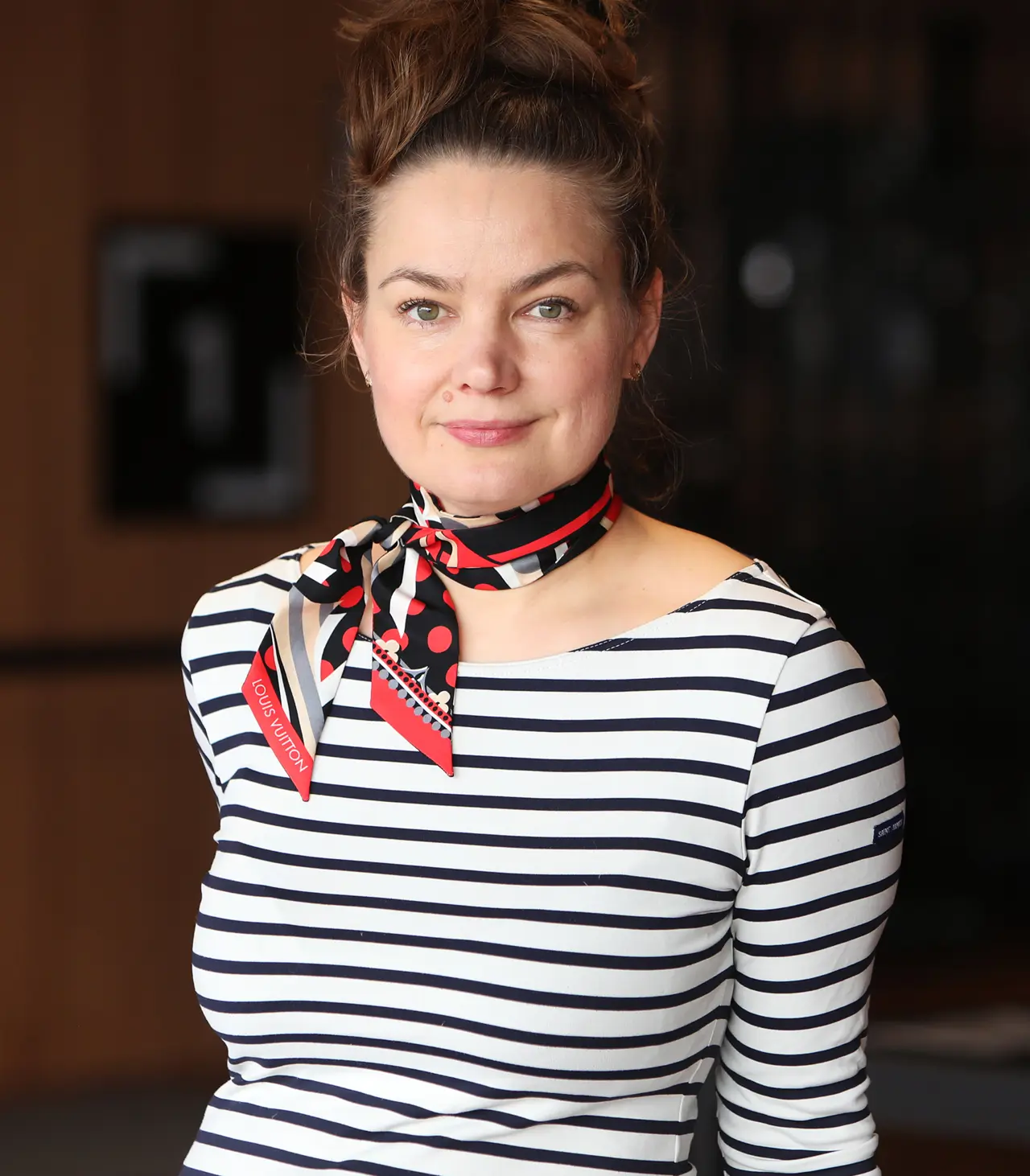Bringing doctoral training and industry together through Marie Curie ITNs
Over the past four years, I coordinated SWATNet (Space Weather Awareness Training Network), an MSCA ITN comprising 11 universities and 5 space companies across eight countries. Together, we trained 12 doctoral researchers, advancing our scientific understanding of heliophysics and space weather while providing interdisciplinary education that extended well beyond academia. The SWATNet project is briefly outlined below, with particular emphasis on its industrial training component.
Versatile Training
SWATNet was a Marie Curie European Joint Doctorates (EJDs), a type of funding, in which all students pursue a joint or double doctoral degree with two universities in different countries. In practice, this meant that each student spent 6–12 months of working and studying at the secondary academic host institute.
Our network offered diverse training of scientific and transferable skills through three schools, seven workshops, and observational practice at Hungary’s Gyula Bay Zultan Observatory. Students gained experience in many skills valued also in industry such as communication, project management, business administration and entrepreneurship. Furthermore, they employed many interdisciplinary methods in their research work such as artificial intelligence, machine learning, big data and image processing techniques.
Industrial Engagement in EDJs
Industrial exposure is not obligatory in MSCA EJDs, but strongly encouraged to enhance diverse skill development and student’s employability. The salaries of students during the training were fully covered by the ITN. Marie Curie framework also offers Industrial Doctorates Industrial Doctorates, in which companies co-fund the project and students are required to spend at least 50% of their time working in the non-academic sector.
Each SWATNet student completed a 2–3-month full-time industrial secondment in one of our five partner companies. During their industrial secondments, SWATNet students learned for example operating a digital planetarium, innovation and project management, industrial computational methods, software design and X-ray detection technology.
Additionally, industry representatives actively contributed to the network by delivering lectures at our workshops and schools. They were also invited to participate in our Annual and Final Meetings, where they had the opportunity to present their companies and engage in discussions about the training.
Implementing industrial training
Integrating industrial training as part of doctoral education required strong commitment from students, as well as from academic and industrial partners. Careful timing was also essential to ensure the secondment did not interfere with the timely completion of the degree. In our experience, scheduling the time at the company towards the end of the PhD proved effective. By that stage, students had acquired solid knowledge of the field, developed relevant skills, and completed most of their scientific work allowing them to fully engage in the training.
Academic and industrial supervisors collaborated closely to successfully implement the industrial exposure.
Academic and industrial supervisors collaborated closely to successfully implement the industrial exposure. This included defining clear training objectives, establishing agreements that covered working conditions, insurance, and intellectual property rights, and ensuring alignment between academic goals and industrial expectations. Although student salaries in EJDs come fully from the network, delivering meaningful training experiences and effective mentorship takes time from the hosting companies.
Administrative hurdles
Marie Curie networks are administratively complex projects, including challenges related to coordinating double / joint degrees, industrial training and mobility issues, and meeting reporting obligations. Much of the needed information is buried in lengthy official documents that are difficult to interpret without guidance. These demands can burden ESRs, supervisors, and administrative personnel.
The most significant challenges we faced related to students' working permits and visas. Several of our ESRs from non-European countries, such as India and Brazil, struggled in obtaining necessary documents to travel and conduct their studies. As a result, many of them had to postpone their academic or industrial secondments or attend meetings and training events online.
Impact
SWATNet significantly affected all parties involved. Industrial exposure was a new element to most of us and one of the key benefits of this funding form.
While most of our students expressed their wish to continue in academia, many now view the private sector as an inspiring and viable career path with some already having transitioned into industry roles. As supervisors, we now better understand how industrial exposure could be integrated into academic training at the practical level.
Companies benefit from the contributions of skilled and motivated early-career researchers, who may also become valuable future employees.
Companies benefit from the contributions of skilled and motivated early-career researchers, who may also become valuable future employees. Additional advantages include the transfer of cutting-edge scientific knowledge and enhanced visibility through outreach and dissemination activities associated with the ITN project.
The network clearly demonstrated that industrial exposure can be successfully integrated into doctoral training, something we aim to pursue further in our activities. It also established many new connections between academia and industry.
Concluding remarks
Coordinating a Marie Curie ITN has been one of the highlights of my career. Managing such a complex project was a significant learning experience and taught me how to deal with difficult situations. It also clarified key aspects of doctoral education, particularly the importance of fostering collaboration among students to support their well-being and productivity, the value of interdisciplinary research methods, and the benefits of diverse supervision arrangements. I have also taken forward plans to establish industrial exposure as a regular component of academic education.
